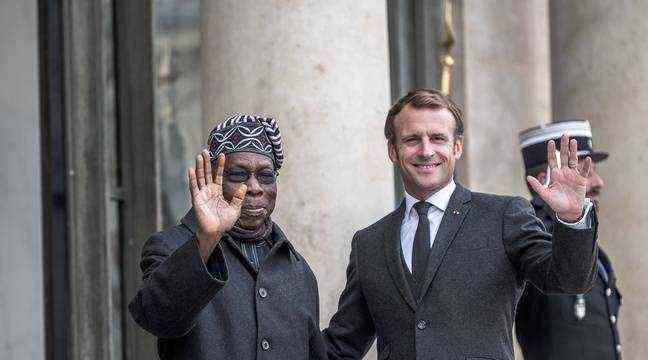In open conflict with Mali and Algeria, and while France’s place in Africa is contested by Russia, Emmanuel Macron has made a daring choice. For the first time since 1973, the start of the France-Africa summits (now Africa-France), no head of state from the continent is invited to Montpellier. At least no jealousy. Instead, it will be young entrepreneurs, artists, sportsmen from the continent who will meet their French and diaspora alter egos to discuss economic, political and cultural subjects.
This new format should make it possible, according to the French presidency, “to listen to the words of African youth” and “to get out of obsolete formulas and networks”. Clearly, break, again and again, with “Françafrique”, its opaque practices and its networks of influence. The Cameroonian intellectual Achille Mbembe, responsible for preparing the summit, believes that France is too disconnected “from new movements and political and cultural experiments” carried by African youth.
The question of support for dictatorships
He also selected a panel of twelve young Africans, from Mali, Côte d’Ivoire, Tunisia, South Africa, Kenya… who will meet this afternoon with President Macron in plenary session. French military interventions, sovereignty, governance, democracy, “the angry subjects will be on the table,” insists the Elysee. “Africa is worked by two forces: those of innovation and those of closure, the forces of death. The main question that young people will ask Macron is: which side are you on? “, Assured Thursday Achille Mbembe at the microphone of France Inter. The recent Chadian example, when the French president immediately lent his support to the military junta set up by son Deby after his father’s assassination, is on everyone’s mind.
Other African intellectuals have criticized Mbembe for having accepted to pilot the project. The pan-African collective Cora thus criticizes “a civil society tailored to Montpellier”, “Africa which succeeds”, “to give the illusion” that France is “listening to the African populations”. Nevertheless, the Canadian philosopher of Guinean origin Amadou Sadjo Barry recognizes that “the lines have moved symbolically, there have been important gestures”, such as the return of goods looted in Benin, the announcement of the end of the franc. CFA and the recognition of France’s “overwhelming responsibilities” in the genocide of the Tutsi in Rwanda in 1994.

